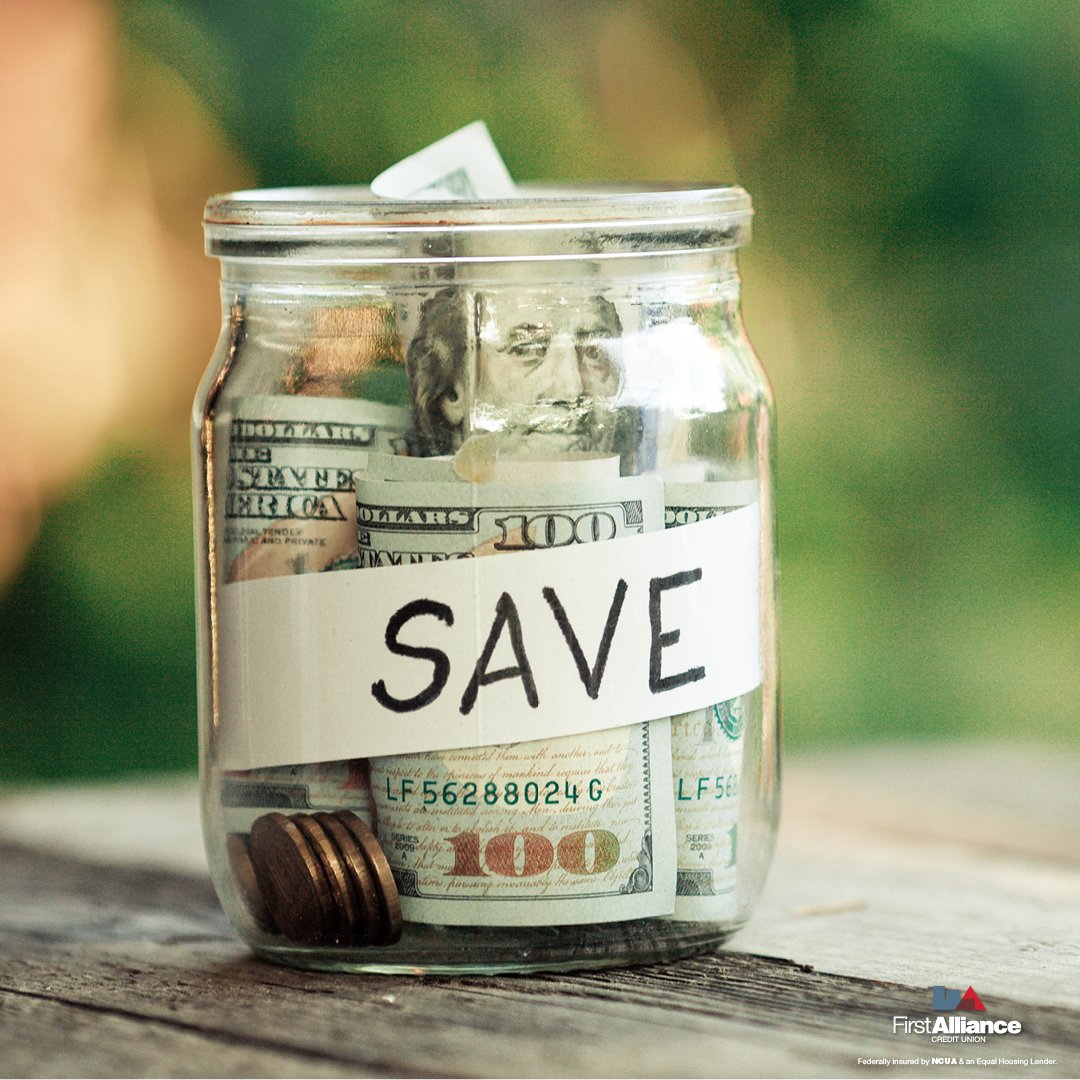How to Save Money on a Tight Budget
Every financial expert talks about the importance of saving money. A lot of them have also come up with innovative ways to save, not to mention what...

If you’re looking for some quick ways to save more money then check out these ten tips. Try out any of these unique ways you can save more money without much effort. Then use your new found savings to take a nice vacation, store it away for a down payment on a new ride, or just use it to pad your savings account.
Any time you perform regular maintenance, like oil changes, on your vehicle you are prolonging its life. Keeping your vehicle’s air filter clean is actually one of the most effective at keeping your car from costing you money down the road. A clean air filter in your vehicle can improve your gas mileage by up to 7%. That’s a savings of more than $100 for every 10,000 miles driven on average. This is also maintenance you can complete on your own, which can save you even more. So when was the last time you cleaned your car’s air filter?
If you have a habit of getting into trouble with credit cards you don’t have to completely get rid of them. Try keeping them in a safe place in your home, instead of in your wallet. This will help you to avoid the temptation to use them. Not carrying your credit cards with you everywhere will force you to reconsider any purchases you might make. You should also delete your credit card information from any online shopping sites.
Save some money on groceries by planning your weekly meals around what’s on sale in your grocery store. Look at the biggest sales, then plan recipes based on those ingredients and what you already have. Cooking based on sale items can save you hundreds of dollars over a single month, and you don’t usually have to use coupons to take advantage of the savings. This is a great way to add some variety into your meals too!
Every time you receive a windfall, such a work bonus, inheritance, contest winnings, or tax refund, put a larger portion into your savings account. You will quickly build a healthy savings fund this way. Another great option is to pay off large debts with your unexpected money. Either option sets you up to be financially stable for the long term.
If you have a rewards credit card, it’s important to pay it off in full each month. The miles and cash-back rewards are only valuable if you're not falling into debt or paying high interest. Also, when choosing a rewards credit card make sure you know what’s in the fine print. If you’re not careful you could end up paying annual fees that could also negate the value of the points you’ve earned. If you do have a rewards card that’s not actually rewarding you anymore, it may be time to stop wasting money and find one with a lower interest rate and fewer fees.
It's never too soon to start a college savings account. At your baby shower or your child’s birthdays, ask for contributions to a college fund instead of clothing and toys as gifts for your new baby. After all, college tuition is not likely to get any cheaper in the future. The more you are able to save for your child’s education now, the better. There are a variety of savings and investment products that can help you maximize your college savings efforts.
Buying quality clothing is actually a money saver. An inexpensive coat makes sense for quickly growing children, however it’s probably a poor choice for an adult if it wears out in less than a year. It’s important to pay attention to the quality of the clothing you buy. Spending $50 on a pair of shoes can make sense if they are going are going to be able to wear them longer than a $20 pair. That being said, more expensive doesn’t always mean higher quality; you have to pay attention to the materials being used and how often you will actually wear the item. Also, try shopping second-hand stores, you can often find higher quality items for cheaper prices!
This tip is not necessarily a new one, but it is important to consider this option if you are looking to save more money. Consider this, if buying lunch out every work day costs $5, but making lunch at home costs only $2.50, then in a year, you could afford to create a $500 emergency fund and still have money left over. This really is an effective way to cut some costs in your monthly budget. Packing a lunch can be as easy as making extra for dinner the night before and taking the left overs to work the next day. Even if you cut back a few days a week, you will still be saving quite a bit over time.
Prescriptions drugs are expensive, even if you have insurance. Next time you need yours filled try out sites like GoodRX.com to comparison shop for your prescriptions. Don't just rely on the closest drugstore because costs can vary significantly from pharmacy to pharmacy. Another option is to always ask your pharmacist if there are generic version of your prescriptions that maybe cheaper and just as effective.
Anytime you can cut back your energy consumption you will save money. Ask your local utility company for a free or low-cost home energy audit. The audit may reveal inexpensive ways to reduce home utility costs by hundreds of dollars a year.
Cutting costs and saving more money can be easier than you think. Sometimes you just need to find a unique way to approach your goal. The tips and advice shared here should give you a good solid start. If you want more help meeting your financial goals just contact our team of experts at First Alliance Credit Union.

Every financial expert talks about the importance of saving money. A lot of them have also come up with innovative ways to save, not to mention what...

Saving money on the things you use every day is one of the best ways you can stay on track with your budget. However, sometimes doing that is easier...

If you’ve heard of a trust fund but have no idea what it is, you’re not alone. Most people only know one thing about trust funds—they’re set up by...